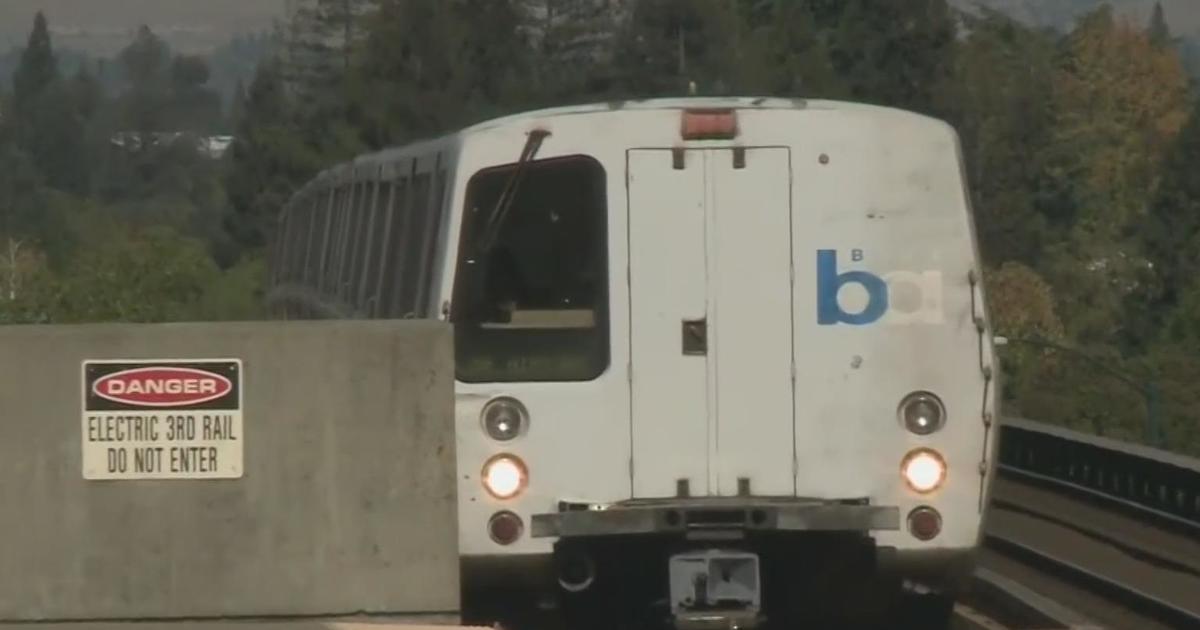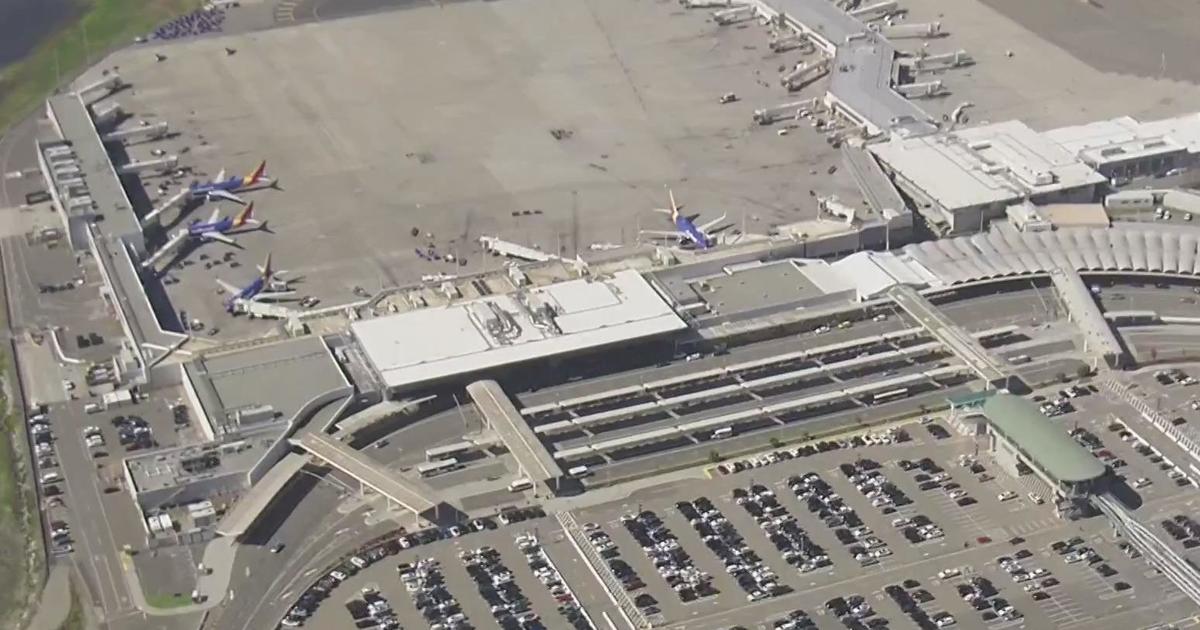New Database Could Curb Smartphone Thefts In Bay Area, Nation
SAN FRANCISCO (CBS 5) -- Smartphone thieves could soon be stopped in their digital tracks with a new database that will allow service providers to block service to stolen phones.
Smartphone thefts are becoming a rampant problem in the Bay Area and across the country with devices being traded for cash on the black market, according to police.
Verizon and Sprint already block phones that are reported stolen, but they don't share their information. Now both companies along with AT&T and T-Mobile have agreed to create one central database that prevent stolen phones from being used on their networks.
Related Coverage:
Thieves Target Smartphone Users On San Francisco Muni Buses
Fix Used Abroad Could Thwart Bay Area Smartphone Thieves
iPhone Thieves Reveal Their Methods
"It's a big move by carriers," said Kent German of CNET. He said it could be a win-win for both wireless providers and smartphone users.
"For carriers they win because they get paying customers," German said. "For consumers, it reduces their liability to pay for services they didn't use."
But it's a surprising move. CBS 5 asked John Null, the spokesman for the U.S. carrier industry, about a database in a report that aired February 13th.
At the time, Null said he did not think a stolen cellphone database would be feasible in the U.S. But similar systems have worked in other countries. Authorities in Australia credit their database for helping reduce cell phone thefts by 25 percent.
"Someone who steals a phone that phone is blocked across all three networks in this country and is essentially rendered useless," Chris Althaus of the Australia Mobile Telecommunications Association told CBS 5 earlier this year.
Null also said he had not considered the notion that there was no incentive for the U.S. cellphone industry to develop a stolen cellphone database because stolen phones would supposedly allow for more cellphones sales.
The Wall Street Journal reported that consumers in the U.S. could use the database within two years.
(Copyright 2012 by CBS San Francisco. All Rights Reserved. This material may not be published, broadcast, rewritten, or redistributed.)



